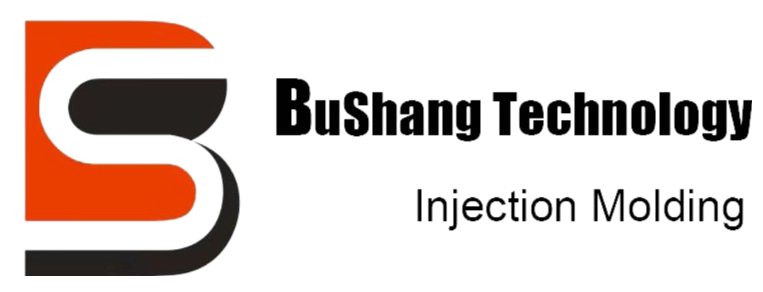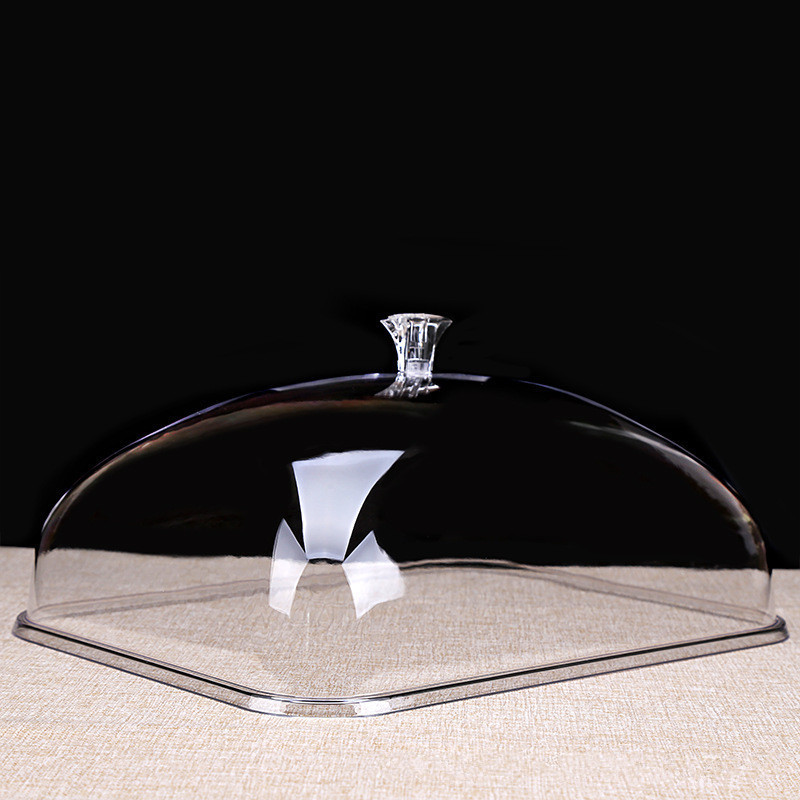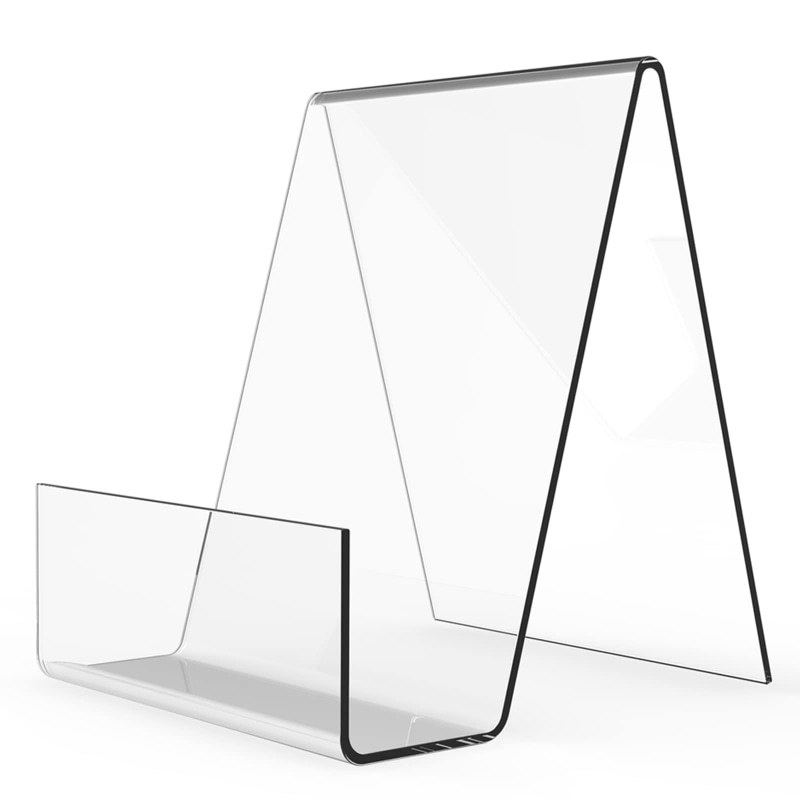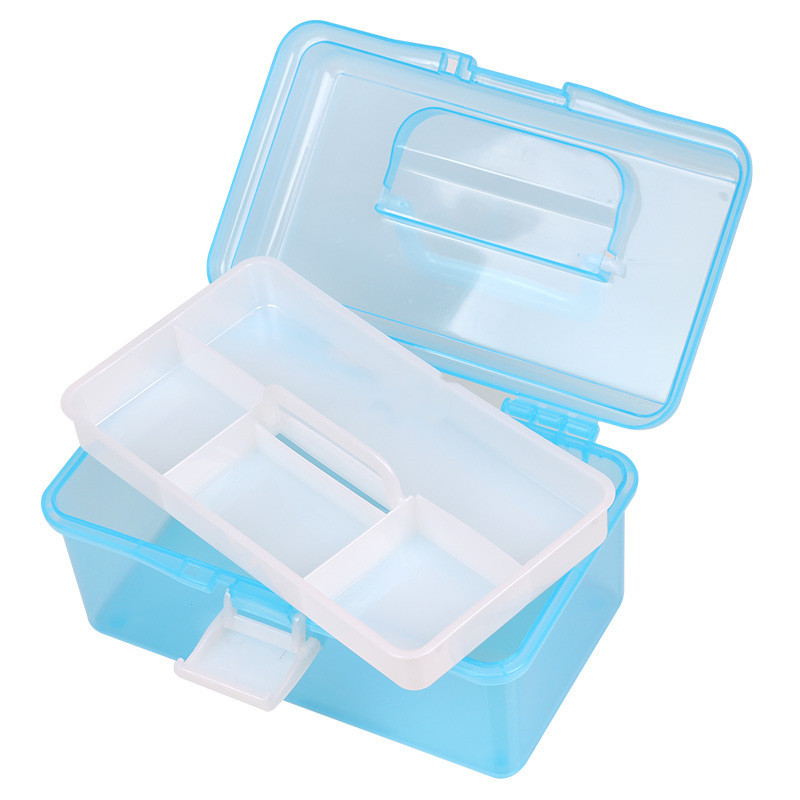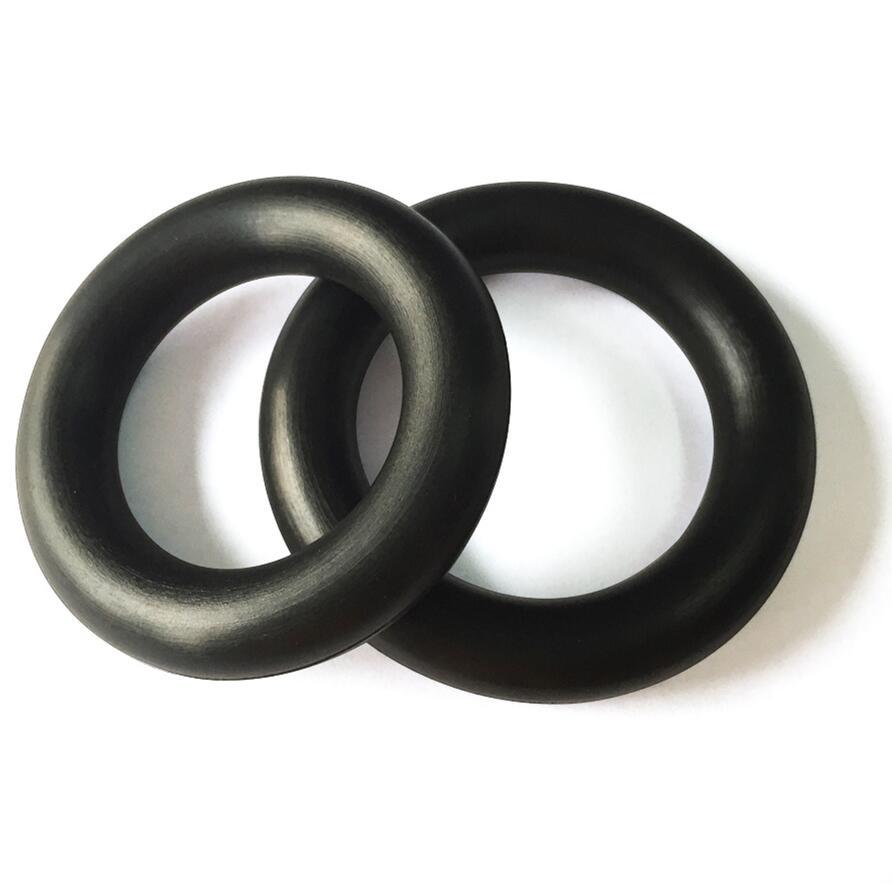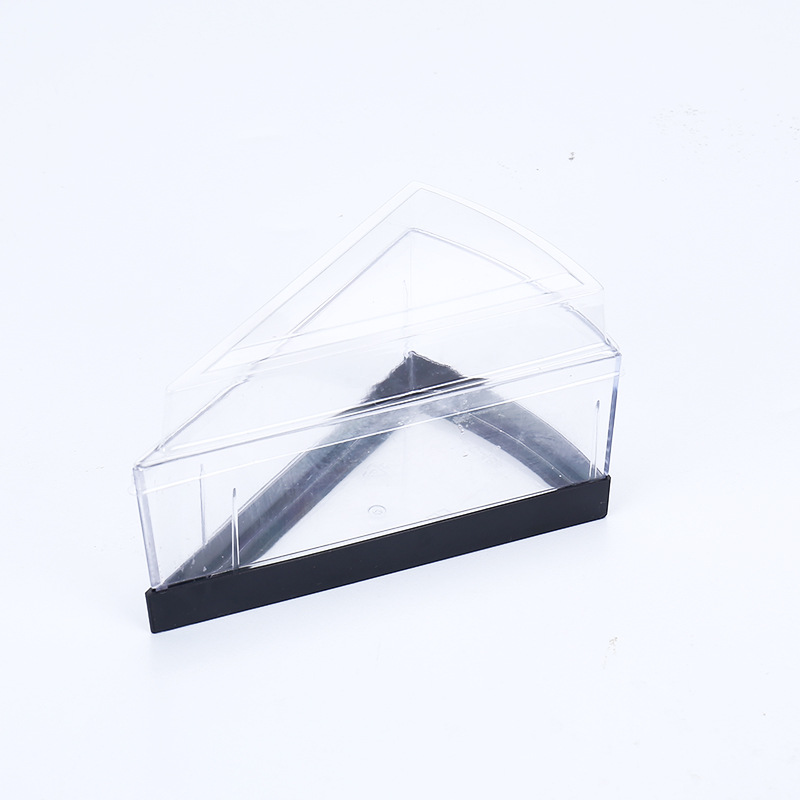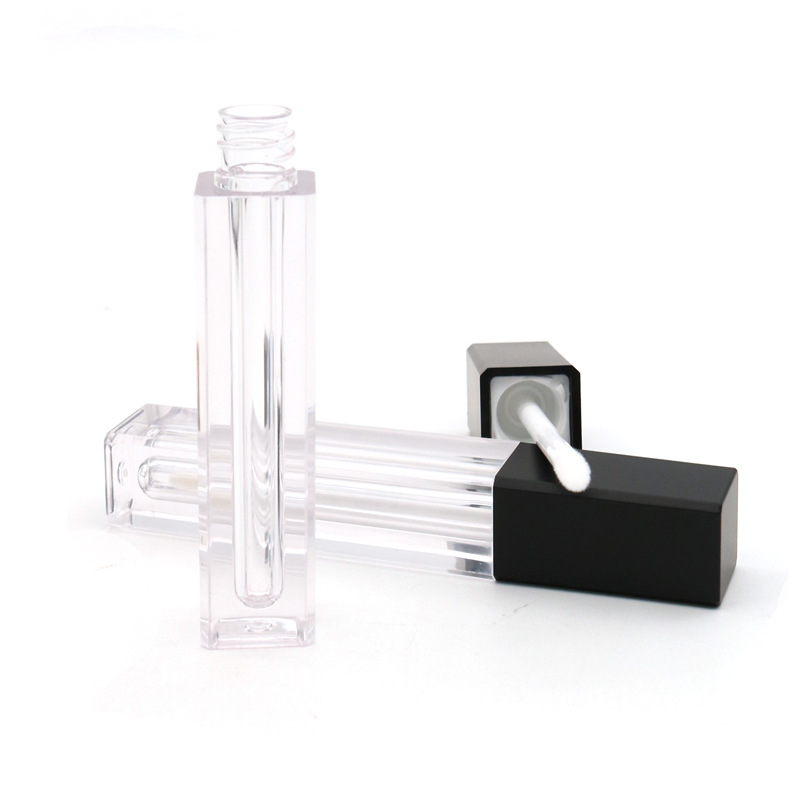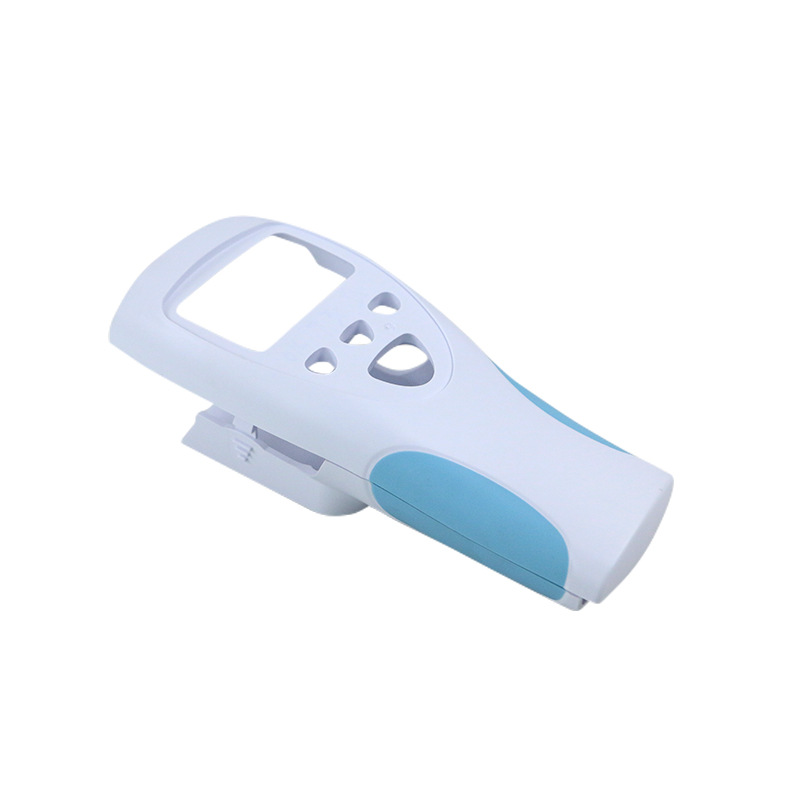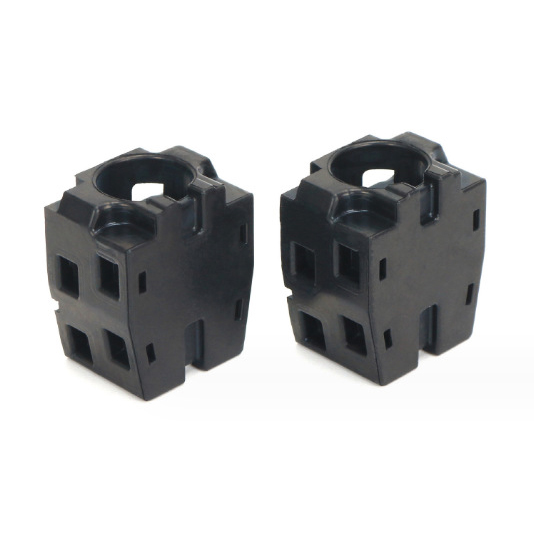Custom Pressure Die Casting Services
Our Pressure Die Casting Services
What is Pressure Die Casting?
Pressure Die Casting FAQs start with the fundamentals. This section breaks down the process.
Pressure Die Casting Explained
Delving into the basics, Pressure Die Casting is a manufacturing method where molten metal is injected into a mold cavity under high pressure. This technique ensures precision and efficiency in creating complex shapes with exceptional detail.
Why Choose Pressure Die Casting?
Explore the advantages of this technique, from cost-effectiveness to the ability to produce intricate designs. Understanding the benefits is crucial for manufacturers considering this method.
Materials Suitable for Pressure Die Casting
Not all metals are created equal in the die casting world. Discover the ideal materials for Pressure Die Casting, ensuring the durability and quality of the final product.
Achieving Precision: Pressure Die Casting Process
What Sets Pressure Die Casting Apart from Other Casting Methods?
Gallery of Die Casting


Die Casting Materials
Aluminum Die Casting
Zinc Die Casting
Zinc is a versatile and high-performance material. Its strength and stiffness enable the production of parts with thinner walls, intricate features, and tight tolerances.
Magnesium Die Casting
Magnesium is another commonly used material in die casting. It is particularly suitable for complex castings due to its high tolerance and enhanced corrosion resistance.
